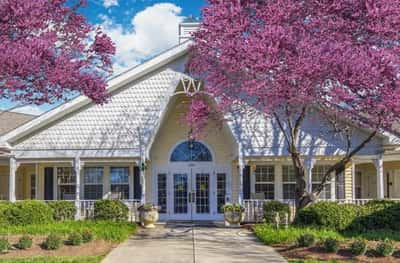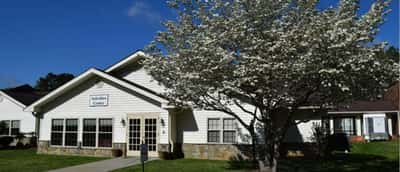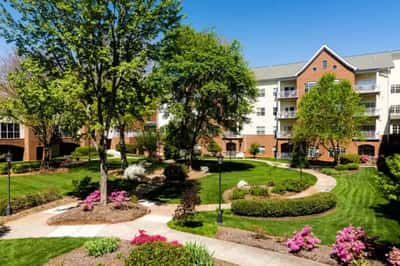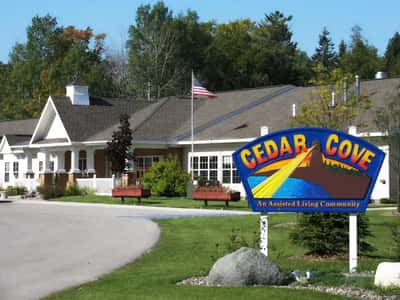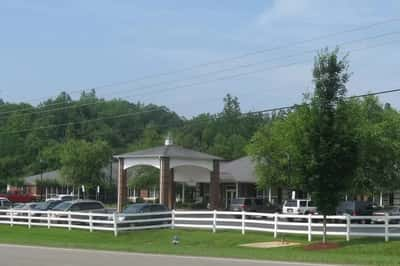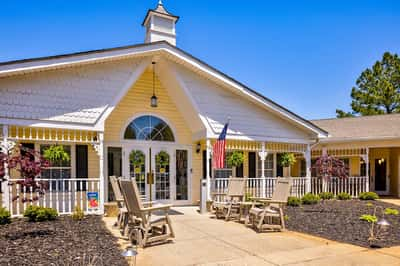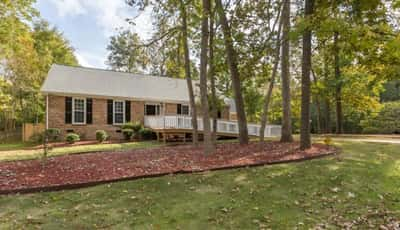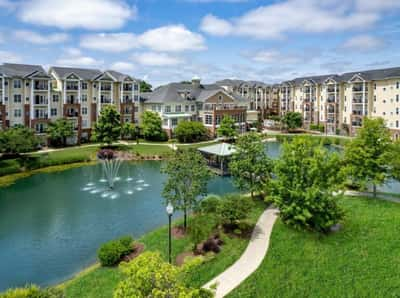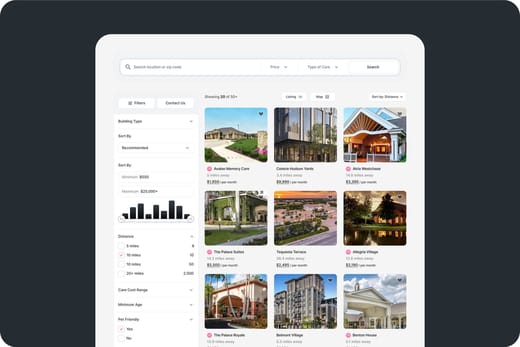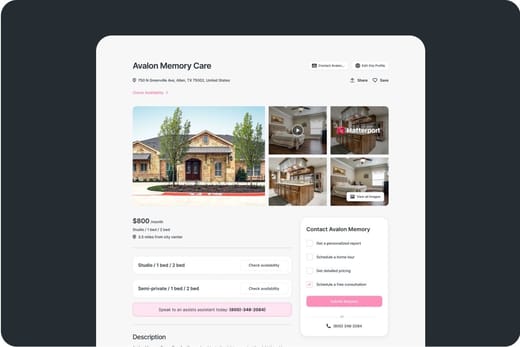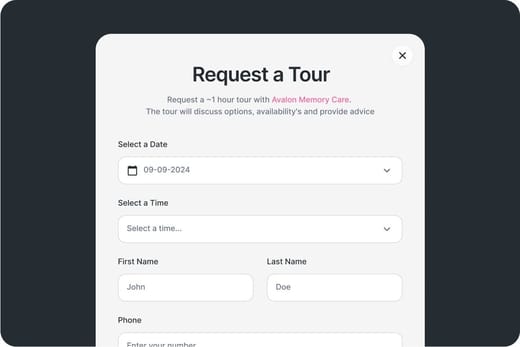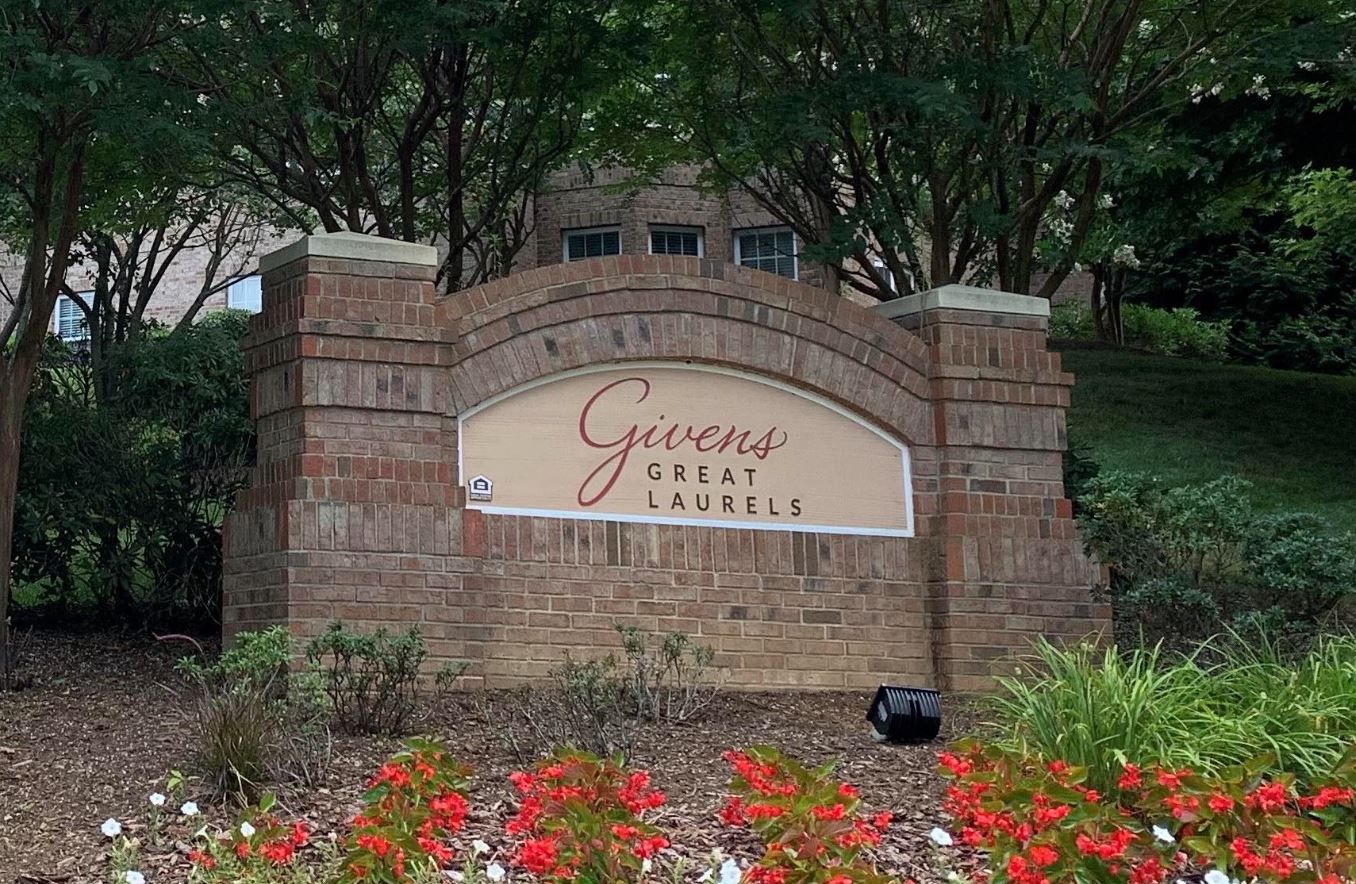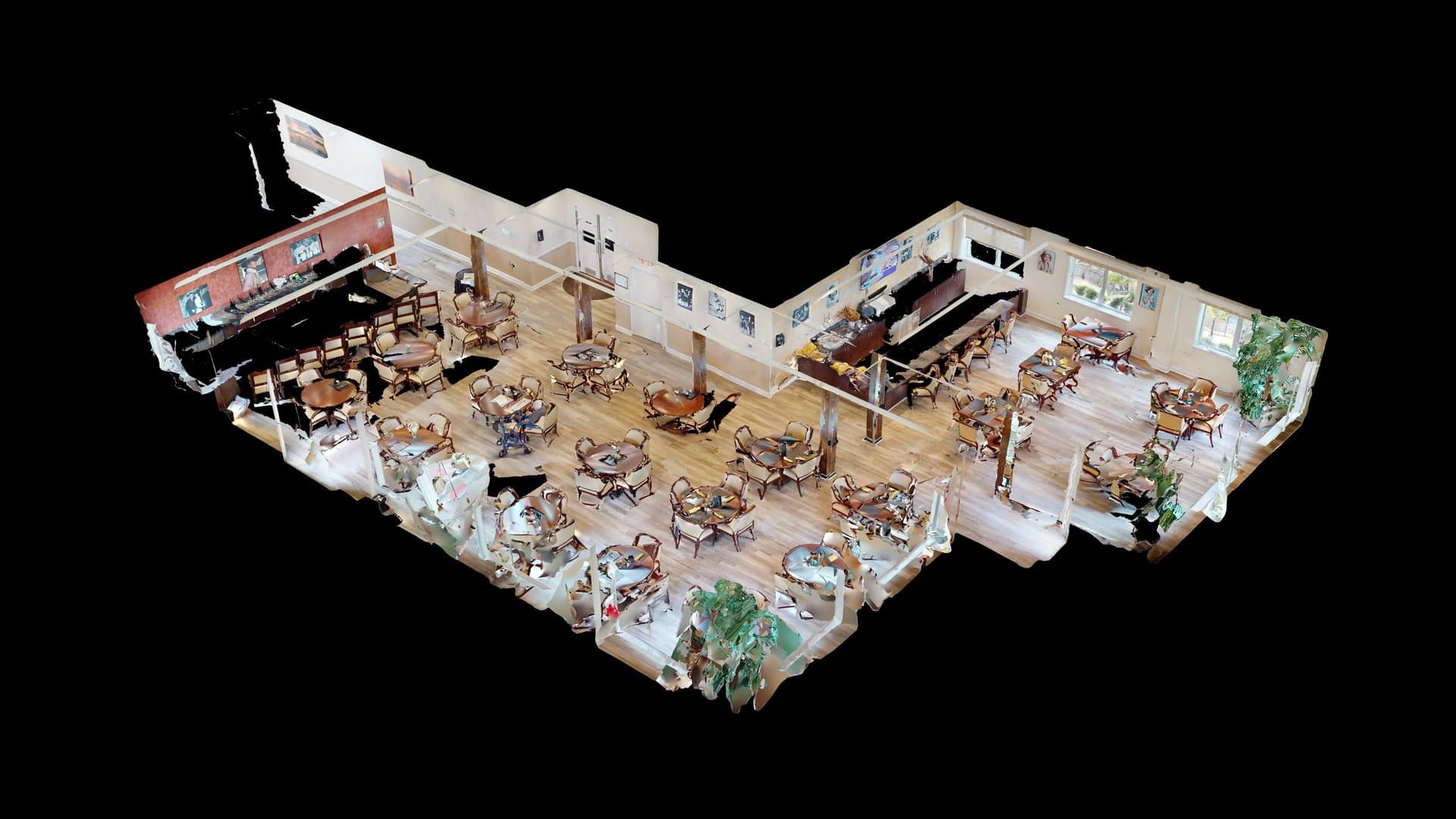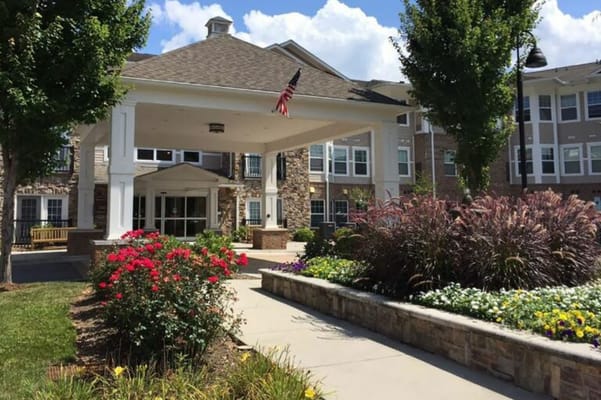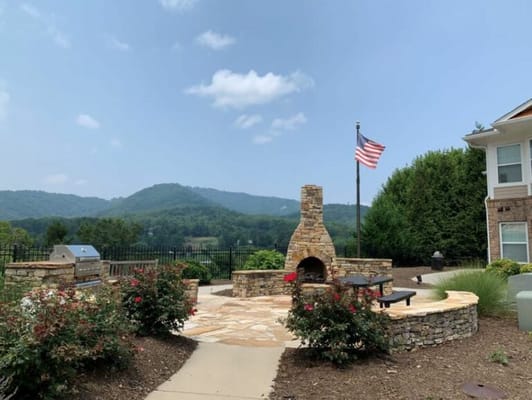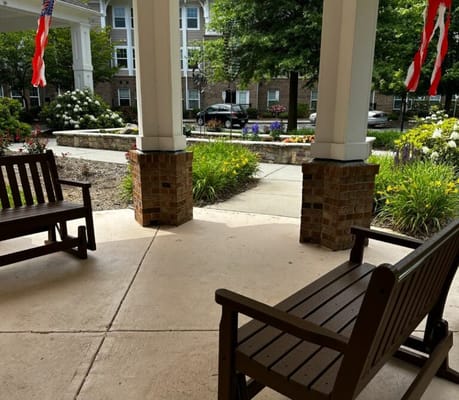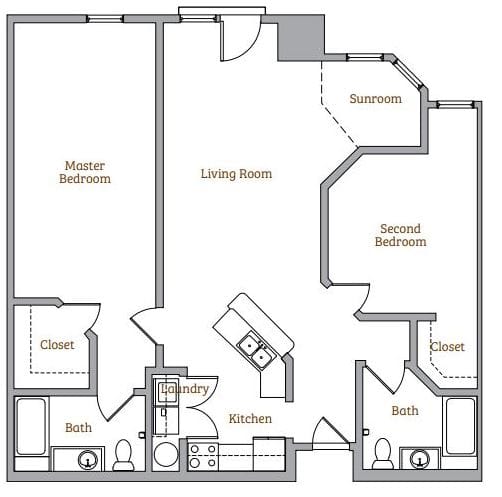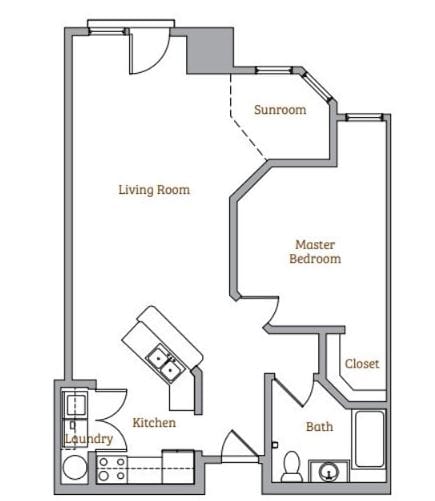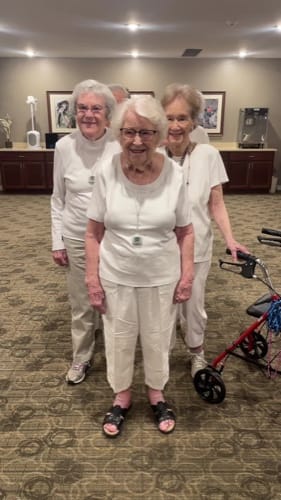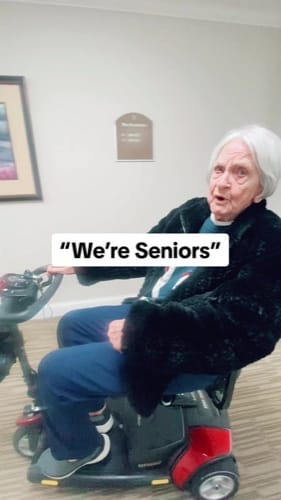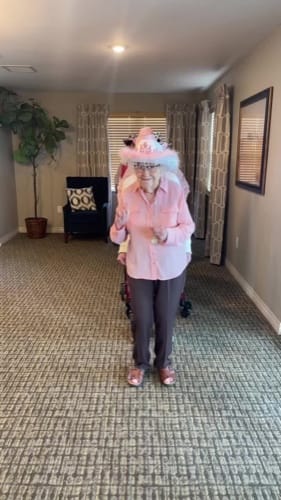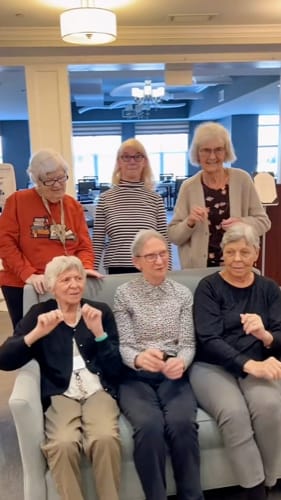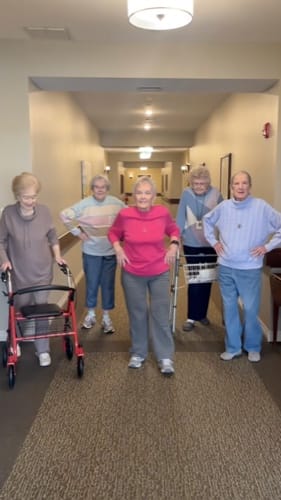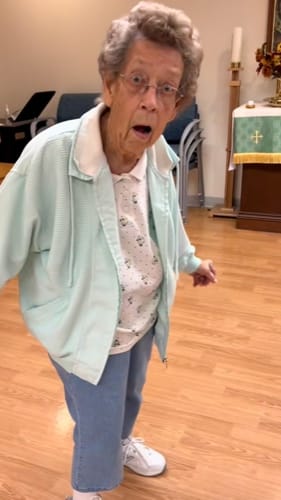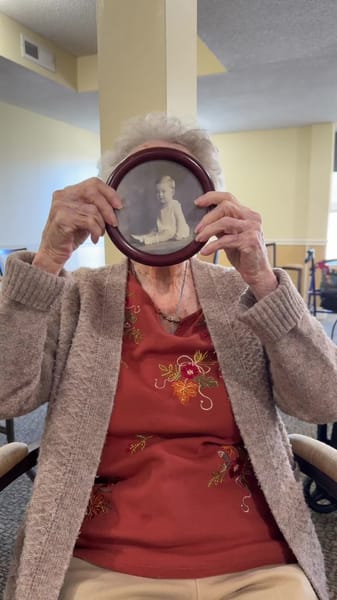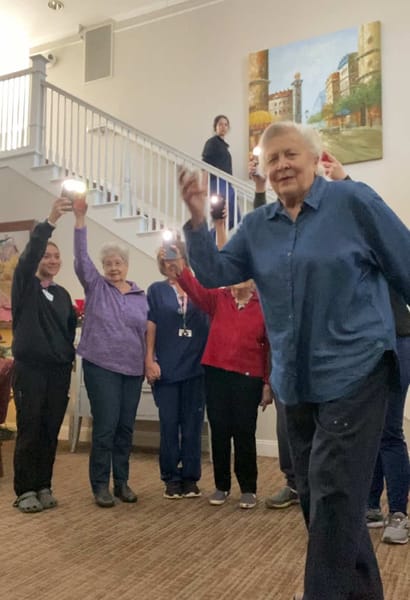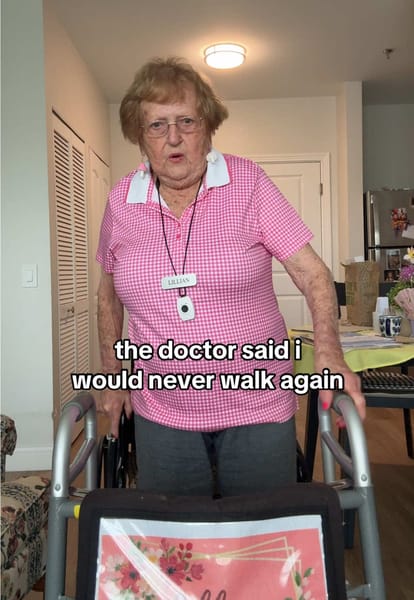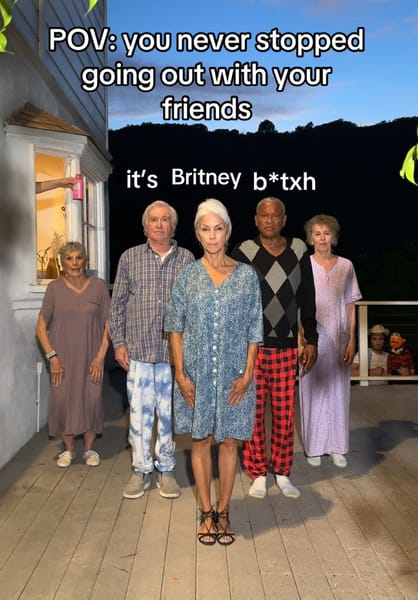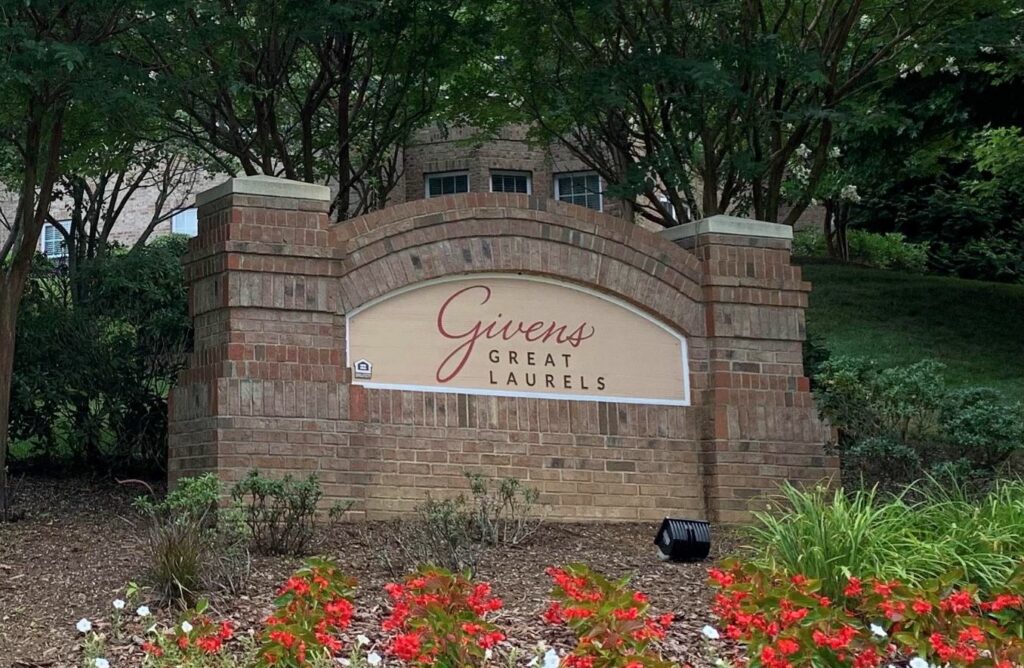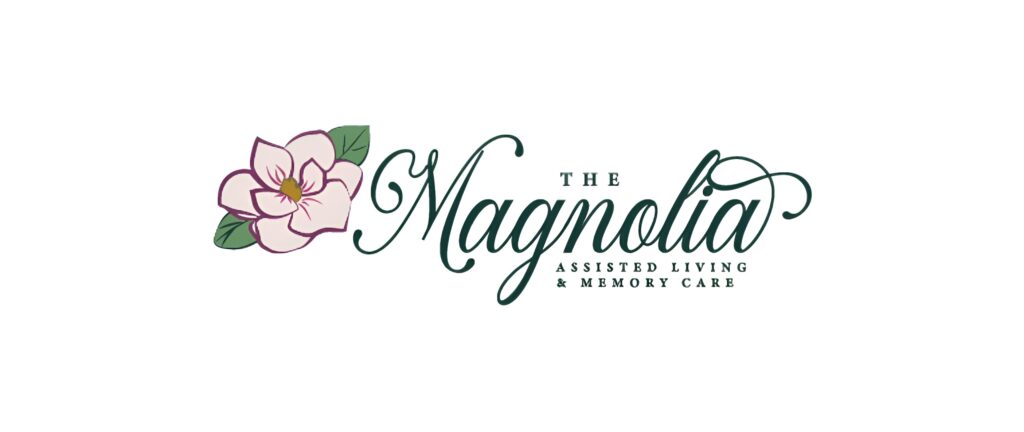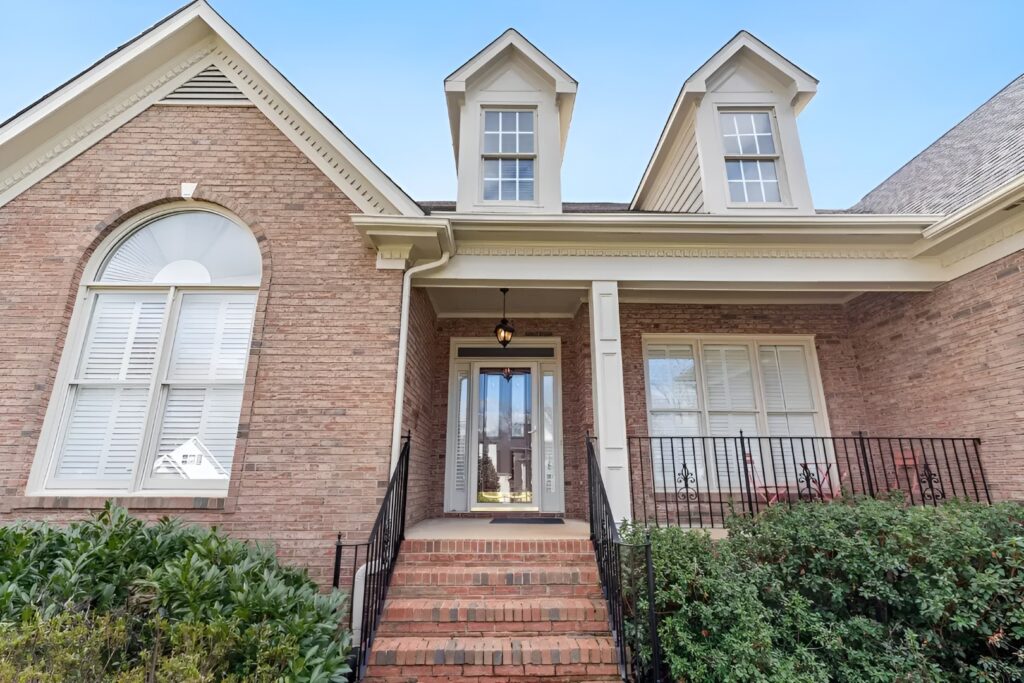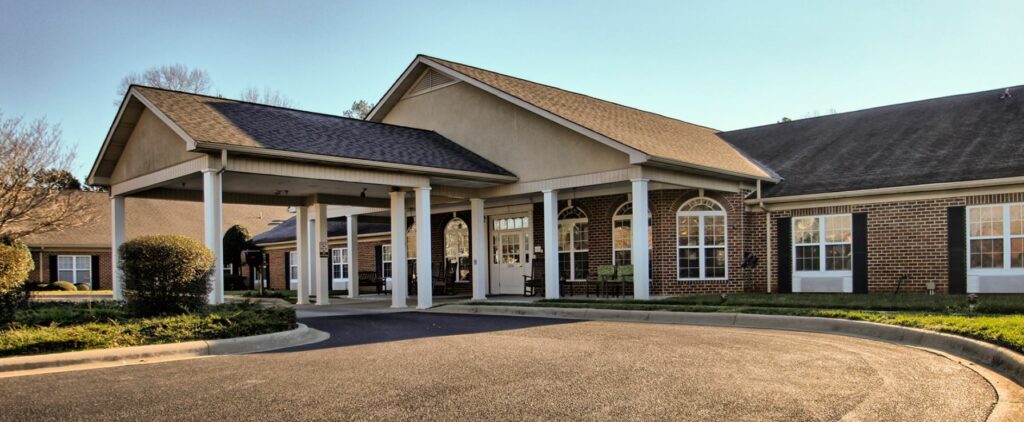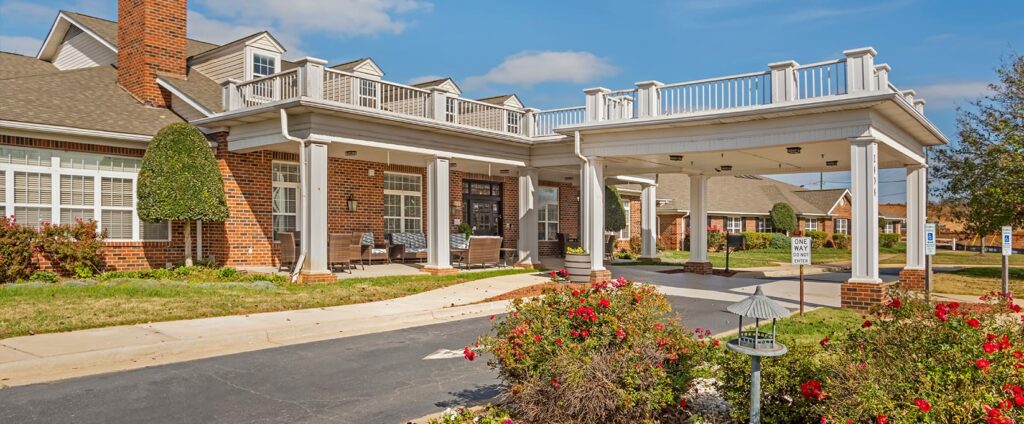Givens Great Laurels
Givens Great Laurels is an Assisted Living Home in North Carolina
Givens Great Laurels is an Assisted Living Home in North Carolina
Givens Great Laurels
Givens Great Laurels is an Assisted Living Home in North Carolina
Givens Great Laurels is an Assisted Living Home in North Carolina
Givens Great Laurels is one of the four communities housed by Givens Communities. With the generosity of the Givens couple bringing this community to life, built to provide older adults affordable housing, especially in their retirement years. Gives Great Laurels boasts its commitment to help specifically the underserved seniors and allowing them to still live an independent life. Additionally, the staff are well-trained and professionals when it comes to providing assistance to the residents.
Aside from the standard services provided like assistance with daily tasks, there are also amenities like a fitness center, a library, a gazebo with seating, and more. These amenities are in place to ensure that the residents always find something to do and to keep themselves entertained. Furthermore, there are always events and activities, making sure that the stay at Givens Great Laurels will always be enjoyable.
Types of Care at Givens Great Laurels
Places of interest near Givens Great Laurels
80 Candler St, Waynesville, NC 28786
80 Candler St, Waynesville, NC 28786
[email protected]
(828) 452-9747
Calculate Travel Distance to Givens Great Laurels
Add your location

Guides for Better Senior Living
From costs to care, explore the most important topics to make informed decisions about your future.
Comparison Chart
For seniors needing help with daily tasks but not full-time nursing.
24/7 care needed
For seniors needing help with daily tasks but not full-time nursing.
Specialized care for those with Memory Loss, Alzheimer's, or dementia, ensuring safety and support.
For seniors needing help with daily tasks but not full-time nursing.
For seniors needing help with daily tasks but not full-time nursing.
For seniors needing help with daily tasks but not full-time nursing.
Claim What’s Yours: Financial Aid for North Carolina Seniors
- General: Age 65+ or disabled, North Carolina resident, Medicaid- eligible, nursing home-level care need.
- Income Limits (2025): ~$2,829/month (300% FBR, individual).
- Asset Limits: $2,000 (individual), $3,000 (couple).
- NC Specifics: High demand; waitlists common in urban areas.
- Services: Personal care (5-7 hours/day), respite (240 hours/year), adult day care ($60/day), home modifications ($1,500 avg.).
- General: Caregiver of someone 60+ (or with dementia), North Carolina resident.
- Income Limits: No strict limit; prioritizes low-income.
- Asset Limits: Not applicable.
- NC Specifics: Limited slots; rural/urban balance.
- Services: In-home respite (4-6 hours/day), adult day care (~$60/day), short-term facility care (up to 5 days).
- General: Age 55+, NC resident (specific counties), NFLOC, safe with PACE support.
- Income Limits (2025): ~$2,829/month (Medicaid-eligible); private pay option available.
- Asset Limits: $2,000 (individual), $3,000 (couple) for Medicaid enrollees.
- NC Specifics: Available in 10+ counties (e.g., Guilford, Wake); multiple providers (e.g., PACE of the Southern Piedmont).
- Services: Personal care (5-7 hours/day), medical care, meals, transportation, respite, therapies.
- General: Age 60+, NC resident, unable to perform 1+ ADL, at risk of nursing home placement.
- Income Limits (2025): No strict cap; prioritizes low-income (~$24,980/year).
- Asset Limits: Not assessed; need-based.
- NC Specifics: Family can be aides; varies by county funding.
- Services: Personal care (5-20 hours/week), meal prep, respite (~5 days/year), errands.
- General: Age 65+ or disabled, NC resident, Medicare Part A/B.
- Income Limits (2025): ~$2,510/month (QMB), ~$3,380/month (SLMB), ~$3,598/month (QI)—individual.
- Asset Limits: $9,430 (individual), $14,130 (couple).
- NC Specifics: Three tiers; no waitlist; includes Extra Help for Part D.
- Services: Covers Part B premiums ($174.70/month), deductibles ($240/year), copays (~20%).
- General: Age 60+ prioritized, NC resident, low-income household.
- Income Limits (2025): ~$3,970/month (individual, 185% FPL).
- Asset Limits: Not assessed; income-focused.
- NC Specifics: Covers oil, gas, electric; emergency aid via Crisis Intervention Program (CIP).
- Services: Heating/cooling aid ($300-$1,000/season), emergency fuel ($600 max via CIP).
- General: Age 55+, unemployed, low-income, NC resident.
- Income Limits (2025): ~$1,983/month (125% FPL).
- Asset Limits: Not specified; income-focused.
- NC Specifics: Priority for veterans, rural residents; AARP partnership.
- Services: Paid training (~20 hours/week at ~$7.25/hour), job placement.
- General: Age 65+ or disabled veteran/spouse, NC resident, wartime service, need for ADL help (A&A) or homebound.
- Income Limits (2025): Net income < ~$1,984/month (veteran with dependent, A&A); pension offsets income.
- Asset Limits: ~$155,356 (net worth limit).
- NC Specifics: High veteran demand in rural/urban areas.
- Services: Cash (~$1,433-$2,642/month veteran, ~$951-$1,318 spouse) for care costs (e.g., in-home, assisted living).
- General: Age 60+ prioritized, NC resident, homeowner, low-income.
- Income Limits (2025): ~$30,258/year (50% AMI, varies by county).
- Asset Limits: Not strictly assessed; home value considered.
- NC Specifics: Forgivable at $2,000/year; statewide via local partners.
- Services: Repairs (~$8,000-$12,000 avg.) for safety (e.g., roofs, heating, accessibility).
- General: Age 65+ (or disabled), NC resident, in licensed adult care home, low-income.
- Income Limits (2025): ~$1,255/month (individual, 100% FPL); varies by facility rate.
- Asset Limits: $2,000 (individual).
- NC Specifics: Covers assisted living; counties supplement state funds.
- Services: Cash (~$1,200-$1,500/month) for room/board; Medicaid covers care services.
What questions do you have about Givens Great Laurels?
We’ll help you with pricing, availability, and anything else you need.
Your Senior Care Partner, Every Step of the Way
We help families find affordable senior communities and unlock same day discounts, Medicaid, and Medicare options tailored to your needs.
Contact us Today
Homes near Waynesville, NC
